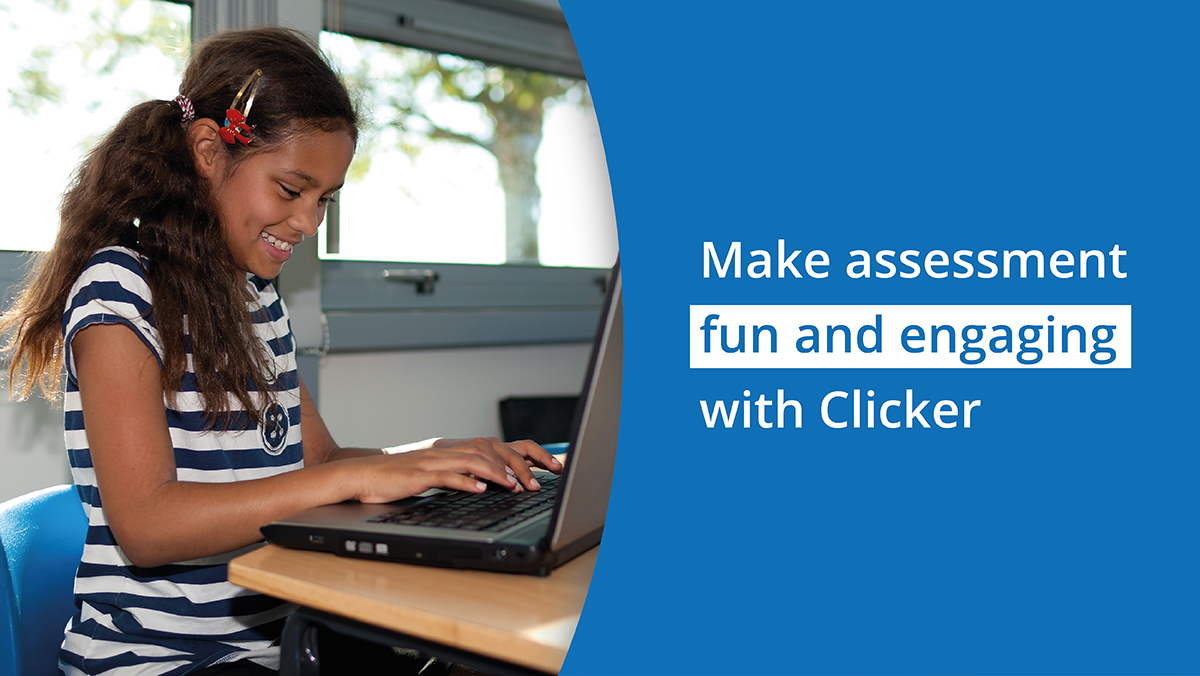Crick Software blog
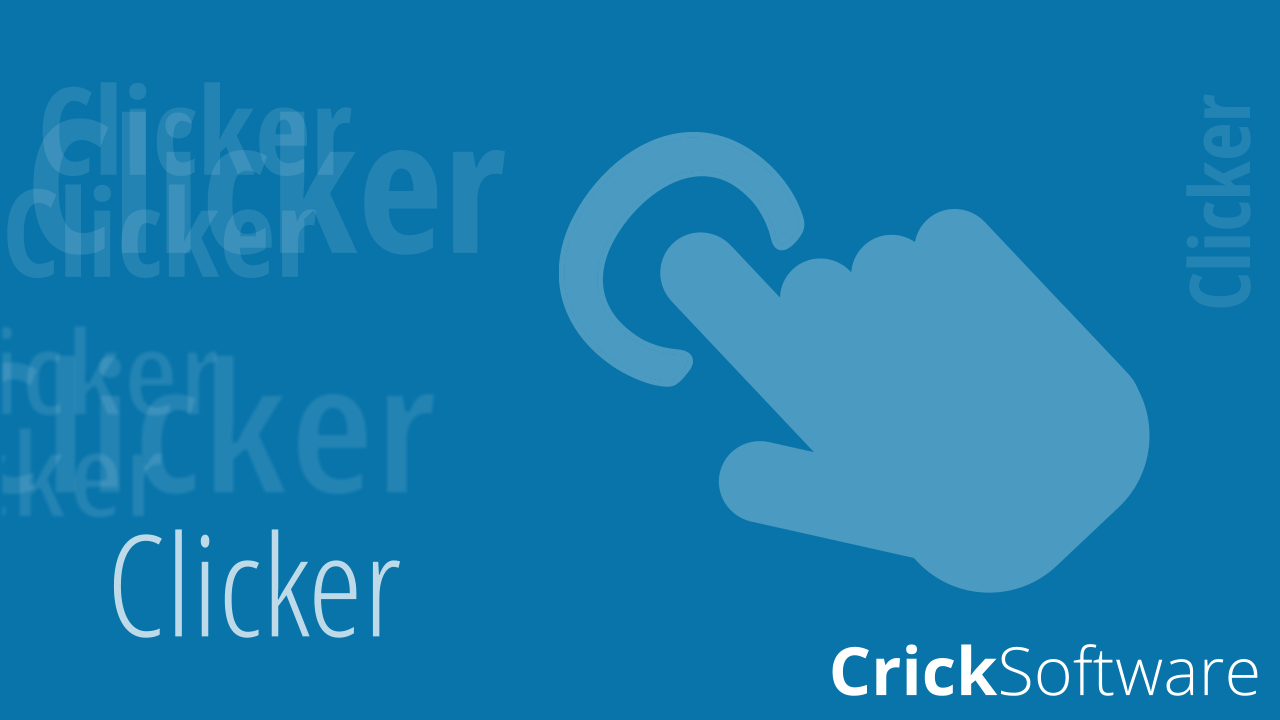
Twenty-five years ago, my classroom was filled with chalkboards, overhead projectors, and handouts. Technology was used sparingly, and classrooms had only a few computers for an entire room of children. Now, technology has transformed the classroom with interactive whiteboards, learning management systems, and loads of educational programs for students.

Fall webinar series – with Rose Racicot
Rose Racicot, Occupational Therapist and Assistive Technology Specialist, joins Toni to share her insights on how to use Clicker’s powerful literacy tools to support all learners, from emergent writers to students with specific learning challenges. Don’t miss this unique opportunity to learn directly from an expert and gain practical strategies to enhance your classroom.
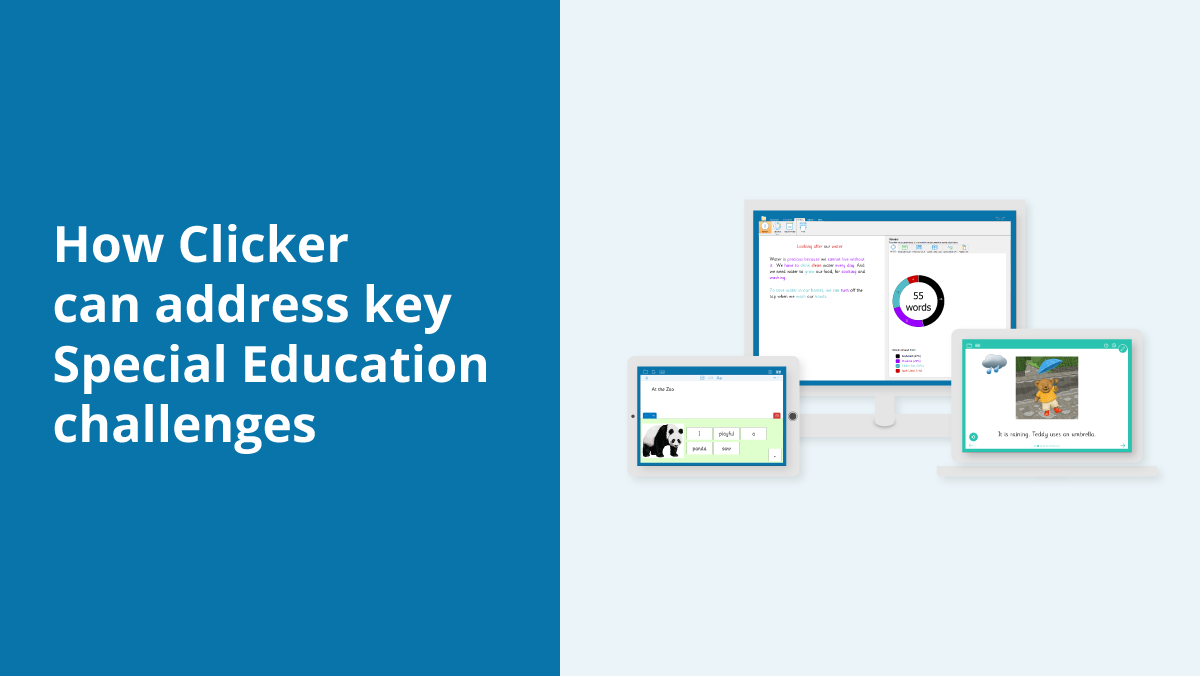
I am just getting back from the 2024 South Special Education Congress in Texas. This conference was a unique experience where we could meet with district leaders regarding their most pertinent initiatives moving into the 24-25 school year.
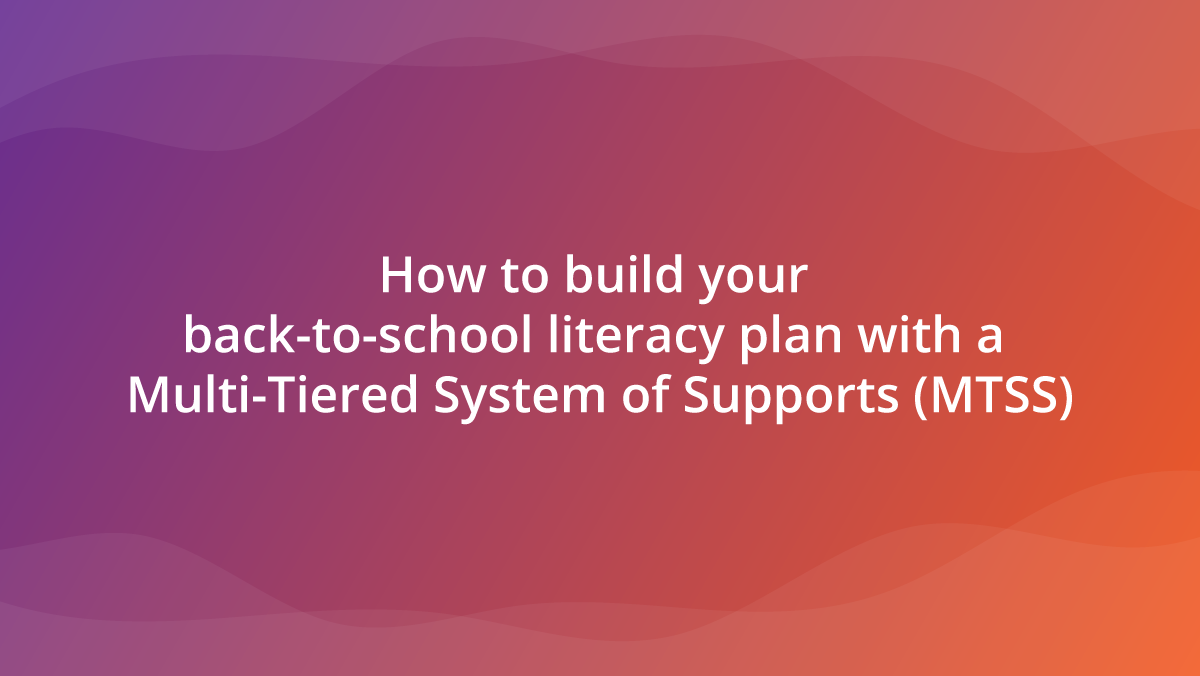
Academic success is literacy. Implementing a Multi-Tiered System of Supports (MTSS) can promote students’ literacy growth and the positive outcomes districts desire. Why? Because while literacy is often synonymous with English language arts, it’s a necessary skill in all subject areas.
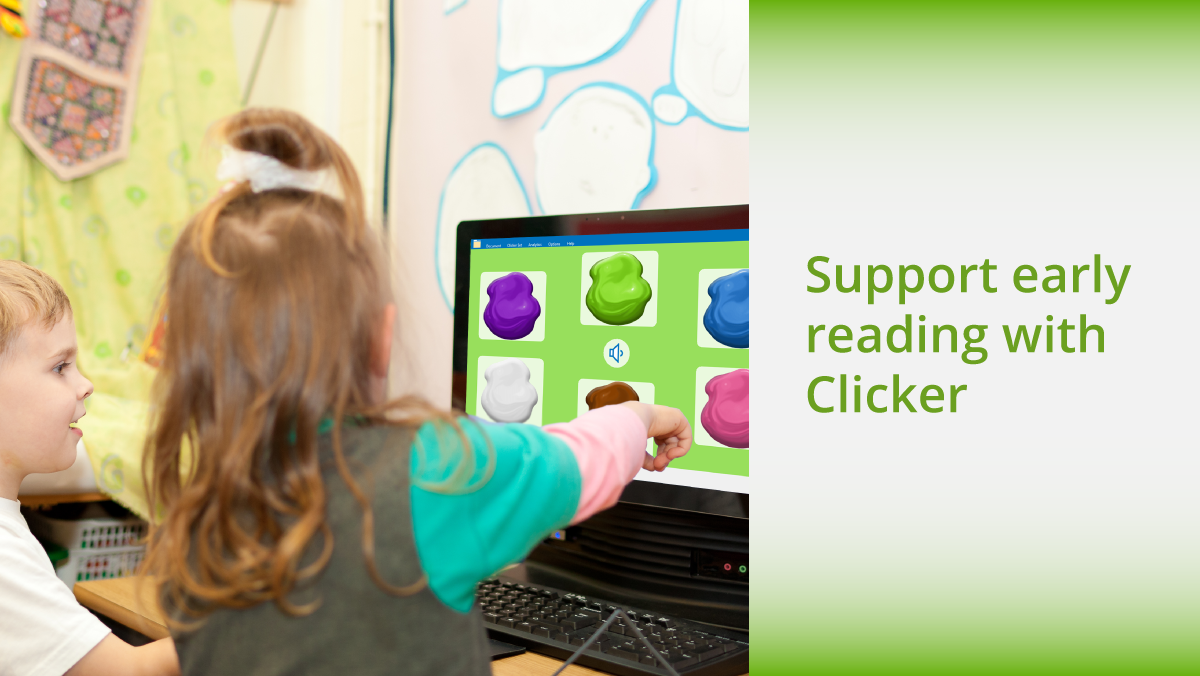
Recently, more schools have requested online training for using Clicker with younger learners, especially emergent readers. As a former early elementary teacher, I use my experience in these sessions to showcase how many of Clicker’s key features are beneficial for these students.
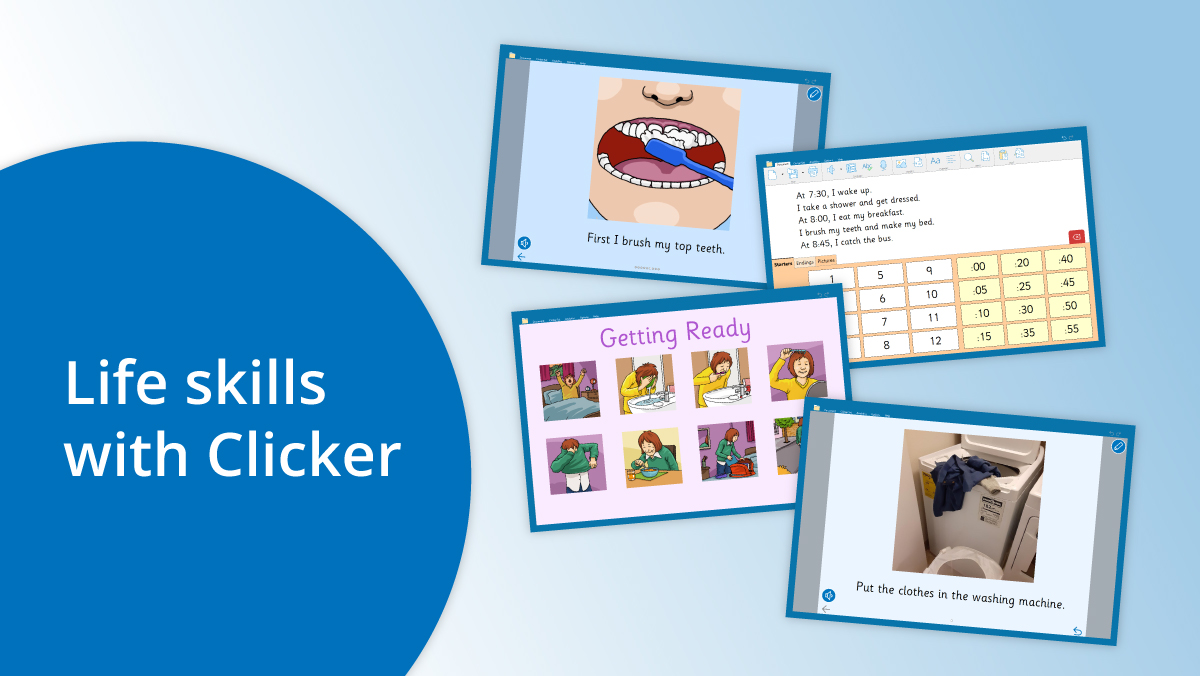
In a recent Clicker success story, AT Specialist Barb Lark mentioned that Clicker was used in Life Skills classrooms in Everett, Washington as part of the school district’s push to use Clicker to support students of all abilities. Life Skills courses often have an emphasis on communication and social interaction, health and self-care, daily living skills, and money management.
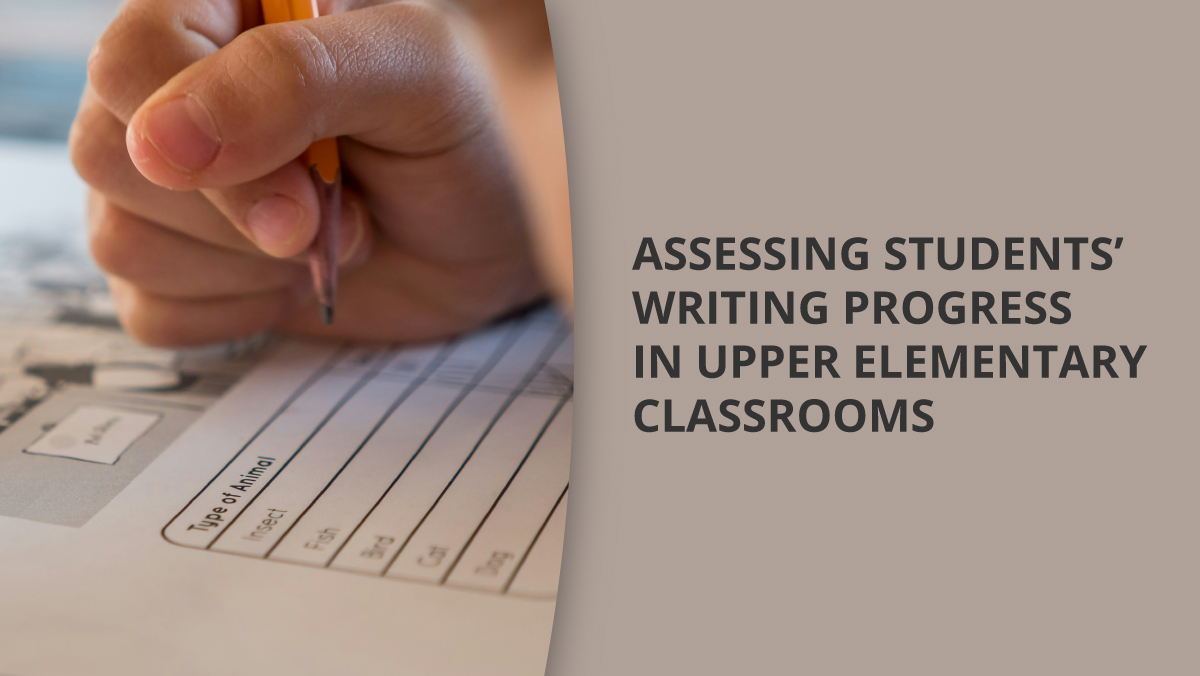
Assessing writing can be a difficult process. For many teachers, balancing the progress across different aspects of writing, like handwriting or spelling, to judge a student’s overall progress can sometimes feel unfairly subjective.
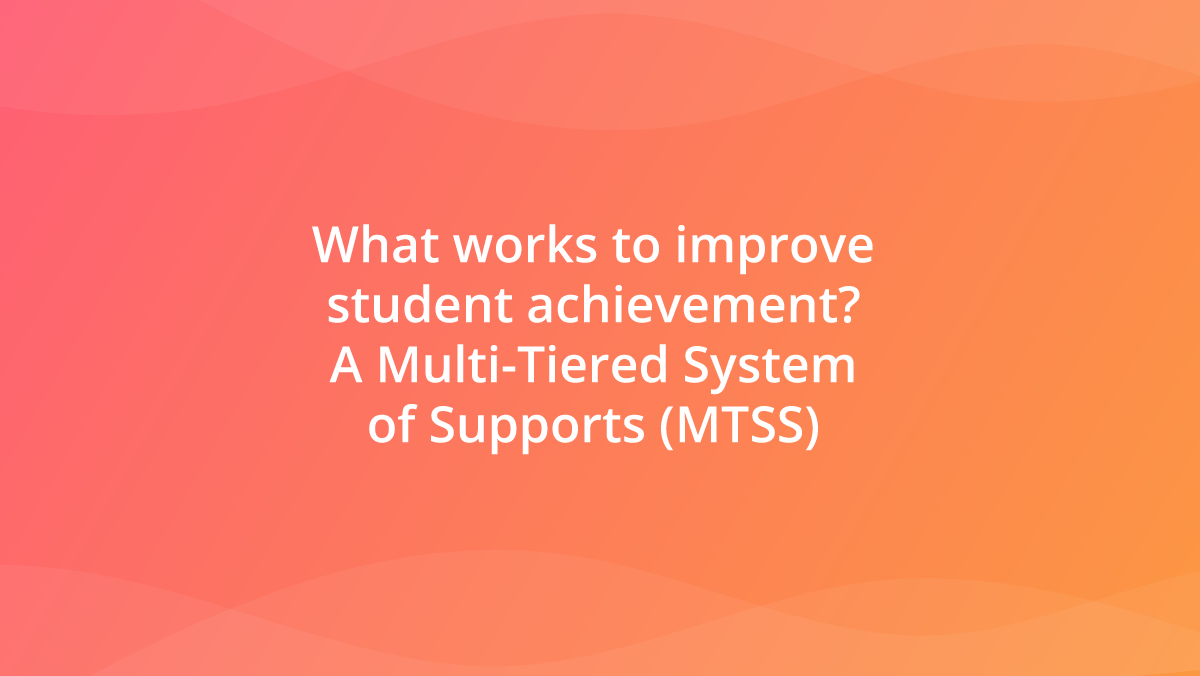
As a school administrator, you’re tasked with many responsibilities. You oversee budgets, implement district initiatives, evaluate data, and manage staff. And that barely scratches the surface. The list of duties is exhaustive. Among these responsibilities, the most critical and challenging task is creating an environment where every student reaches their full potential. And it’s not just about test scores. It’s about ensuring that every student, regardless of ability level, can thrive academically, socially, and emotionally.
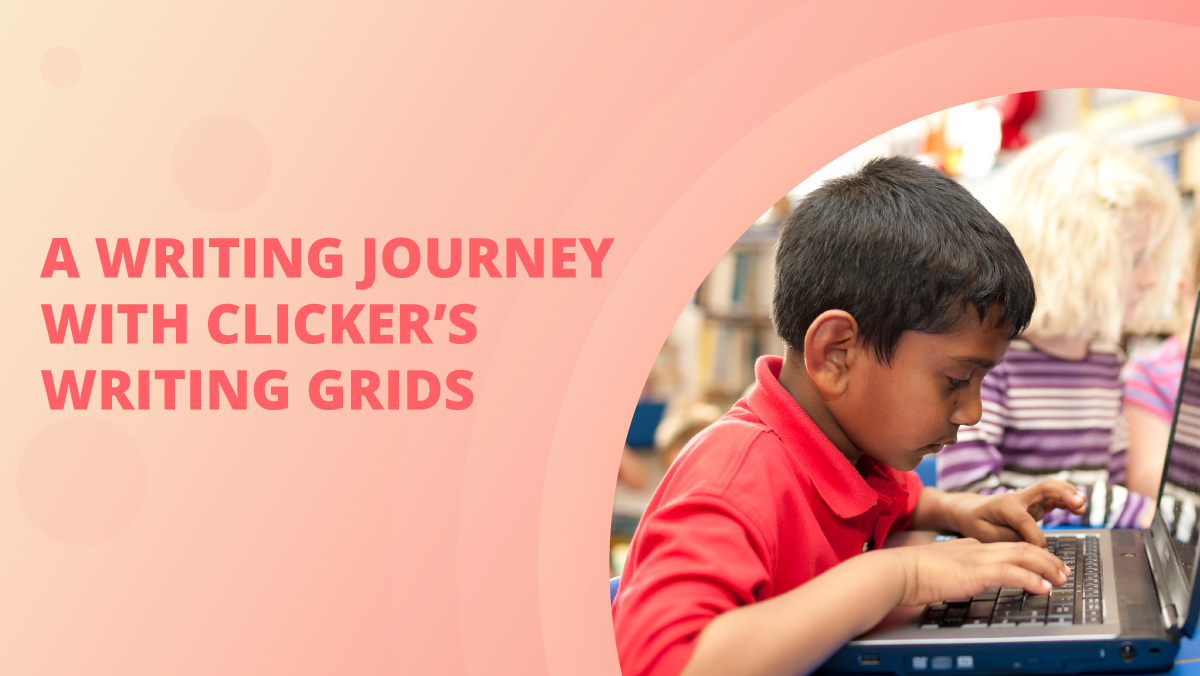
After their training session, a school reached out for further support on how to guide their students through Clicker’s Writing Grids to encourage independent writing.
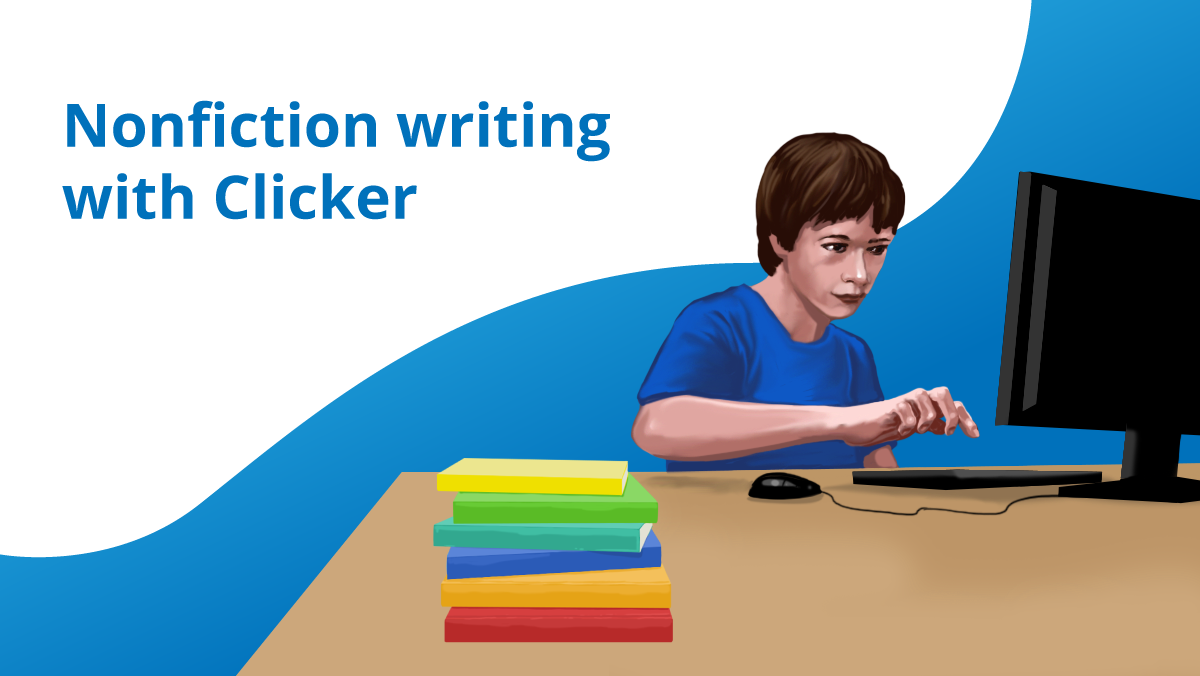
We spoke with Sophie, an elementary school teacher who was using Clicker to support her students with nonfiction writing.
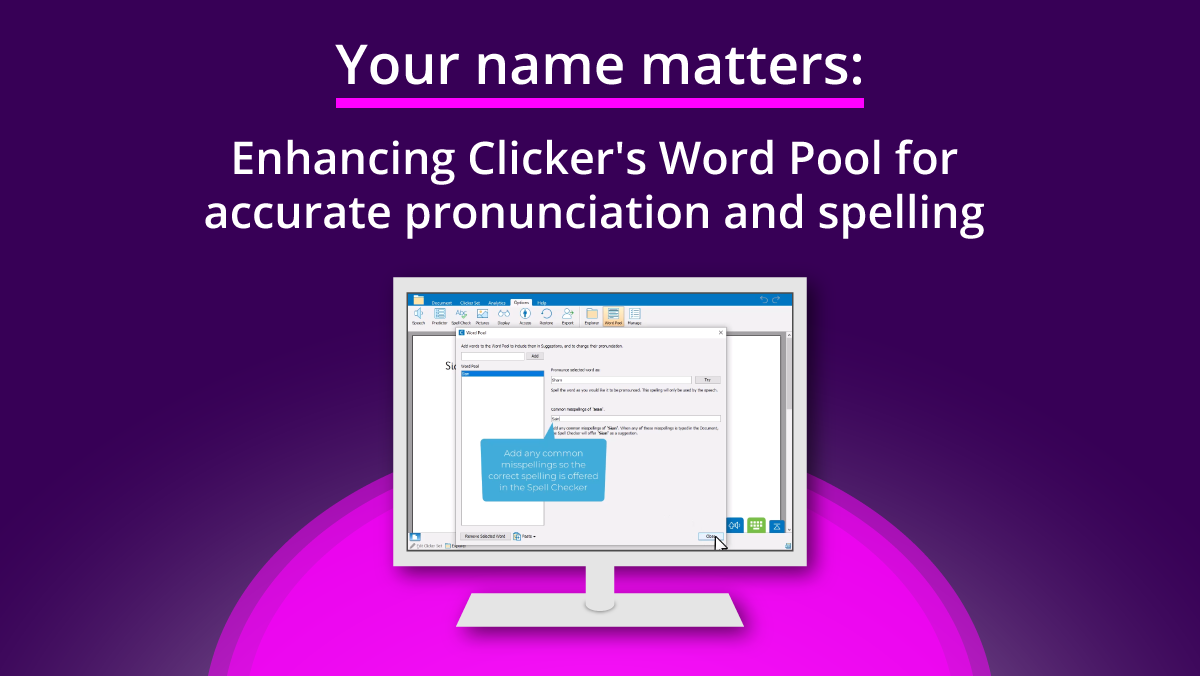
Recently, I had the opportunity to demonstrate to a school the power of Clicker's Word Pool in enhancing inclusivity within their learning environment. By adding words, particularly students' names, to the Word Pool dictionary, educators can ensure that these words are included in spell checks and accurately pronounced when read aloud by Clicker.
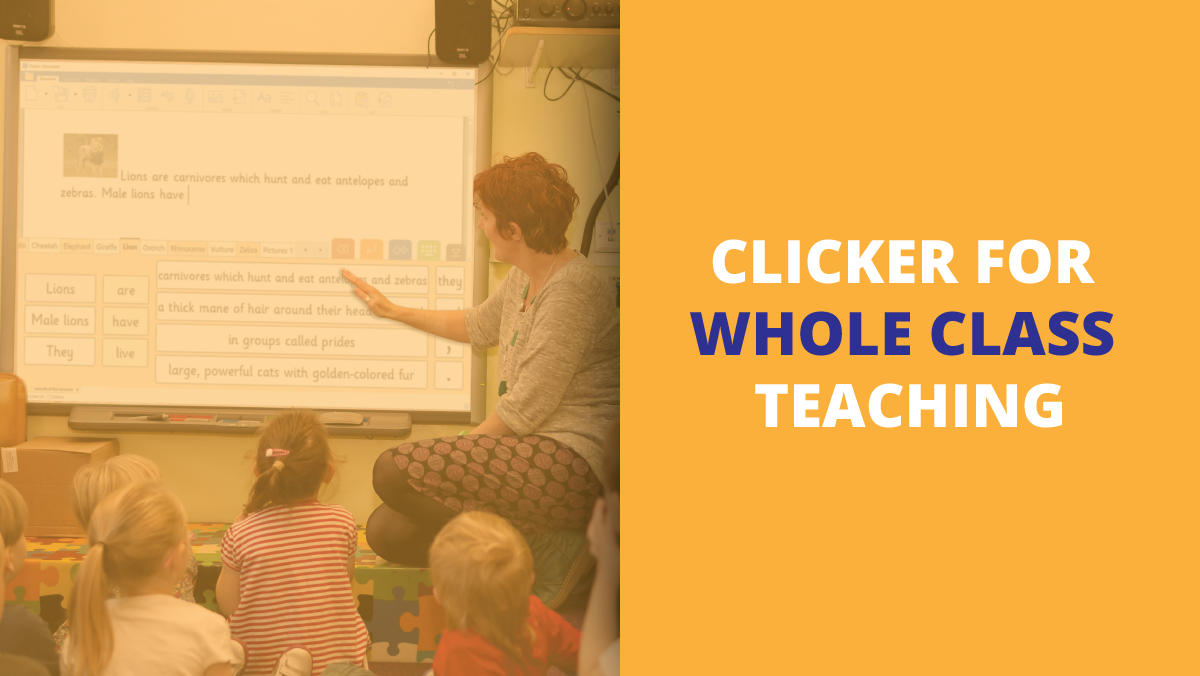
I recently ran a webinar on using Clicker as part of your whole class teaching. Clicker is an invaluable support tool, but we recognize that not all schools have the licenses or devices for every student to access Clicker in every lesson.
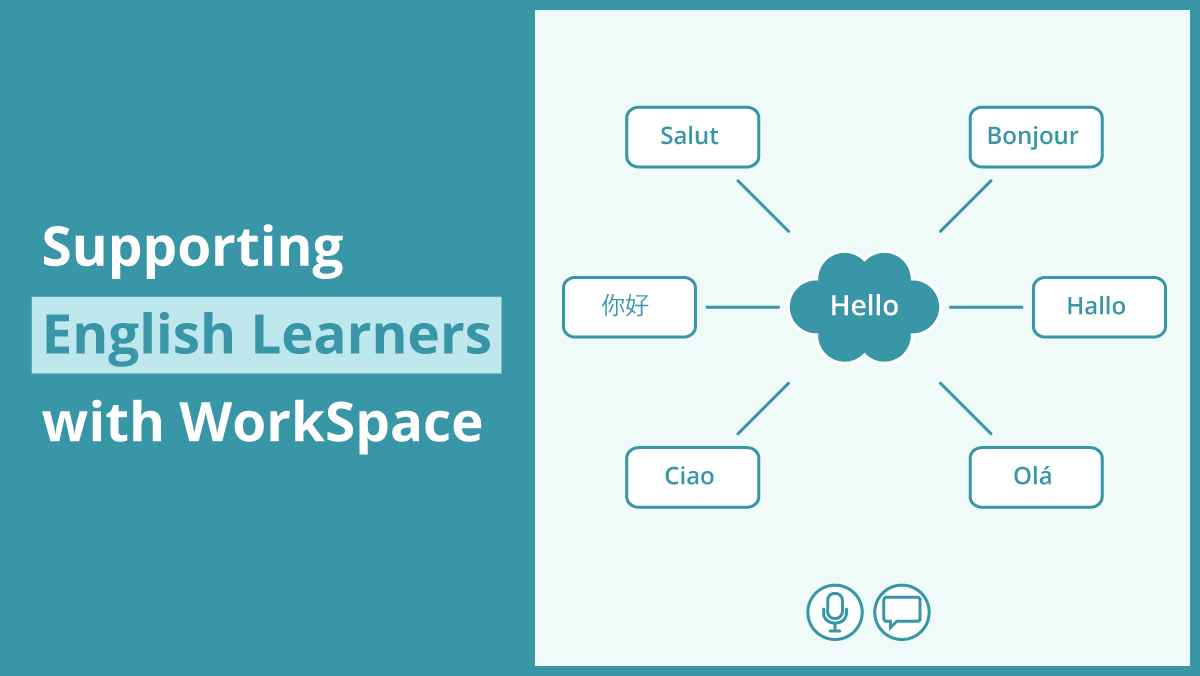
The challenges faced by students learning English as an additional language are multi-layered. They are not only learning English but also learning curriculum subjects through English.
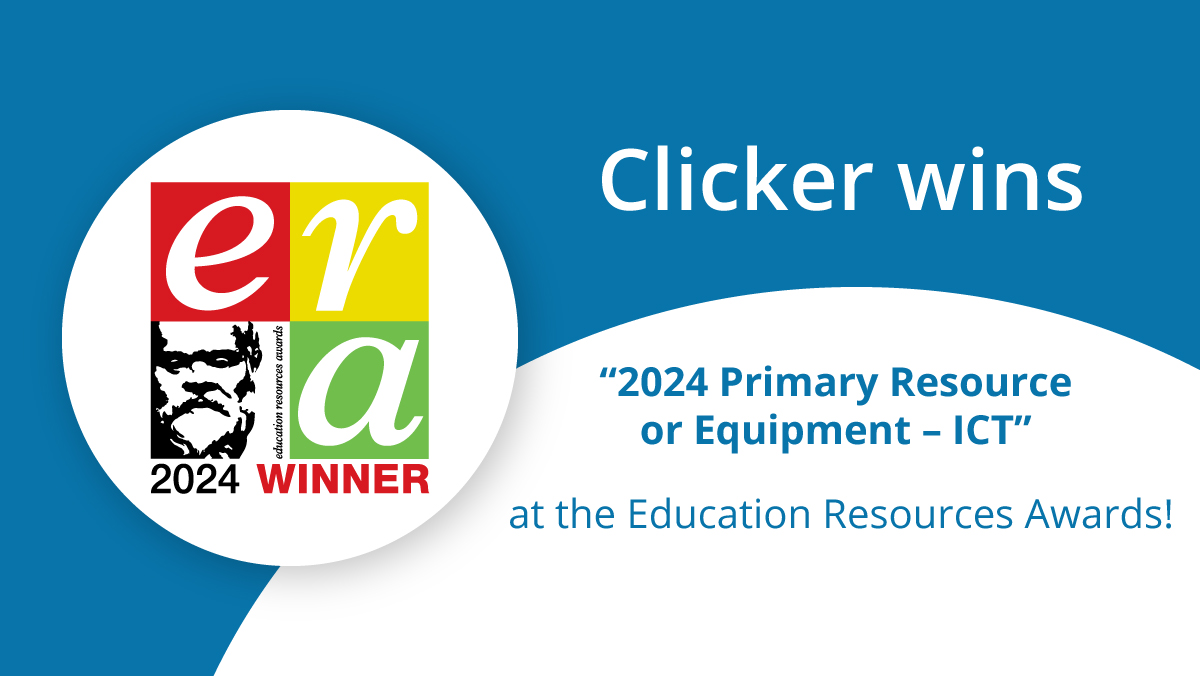
We’re thrilled to announce that Clicker has won the “2024 Primary Resource or Equipment – ICT” award at the Education Resources Awards!








